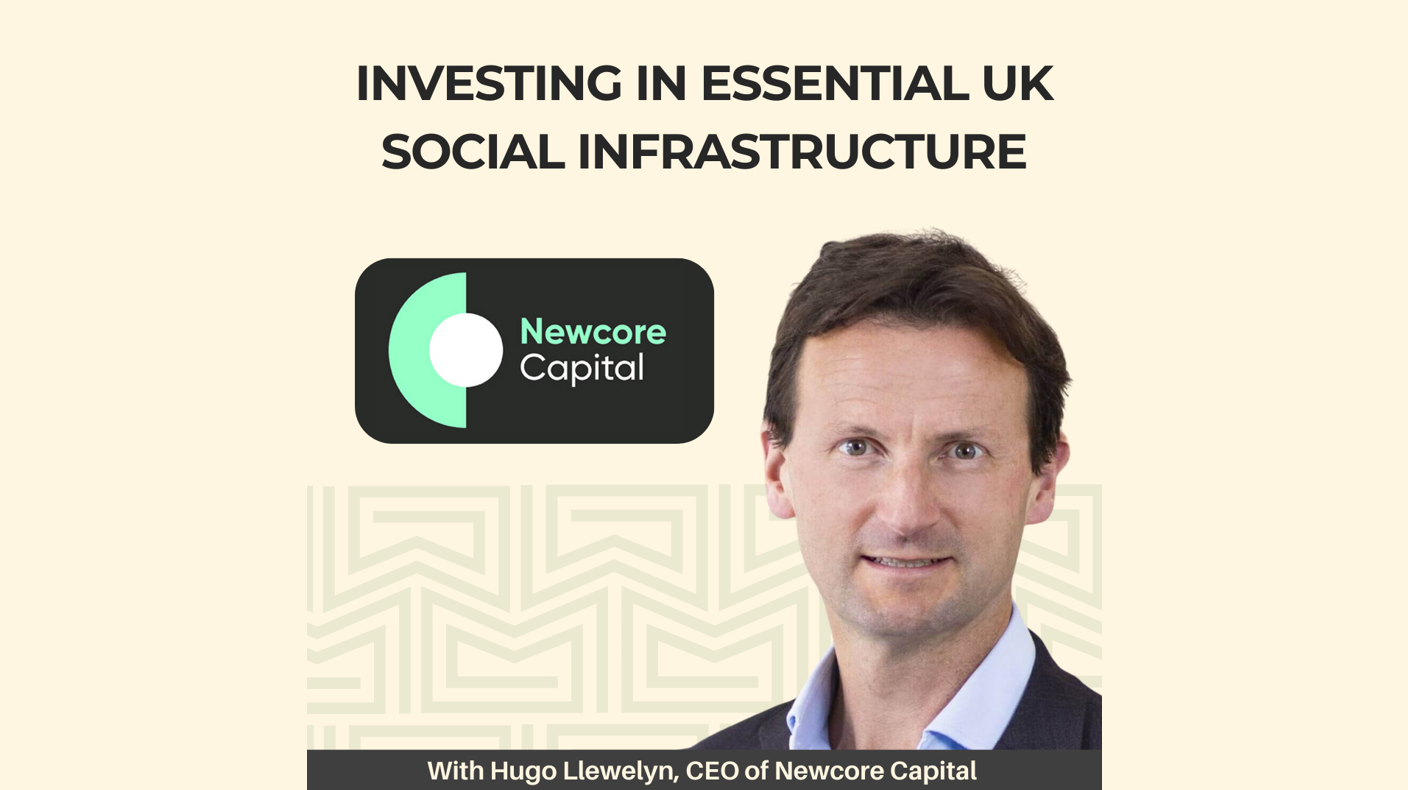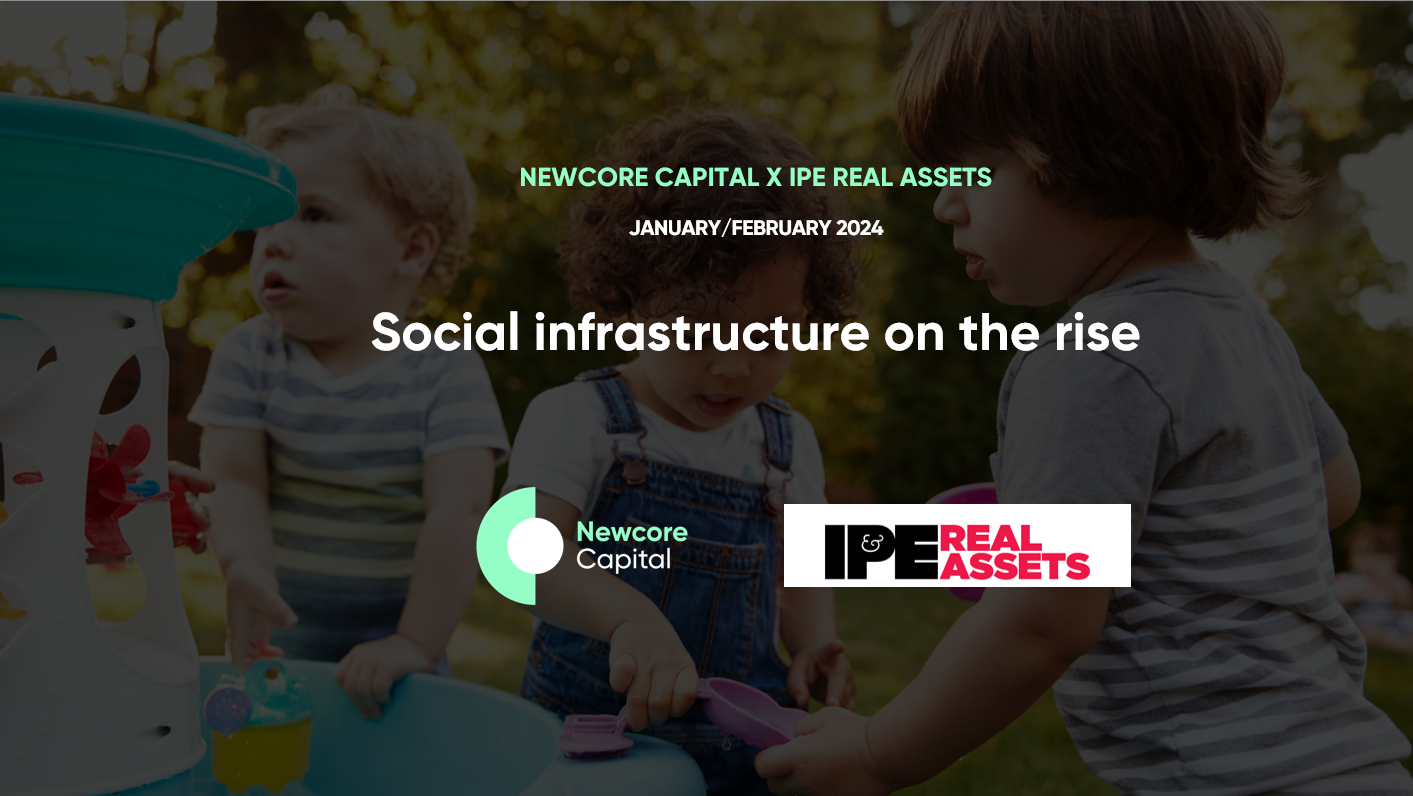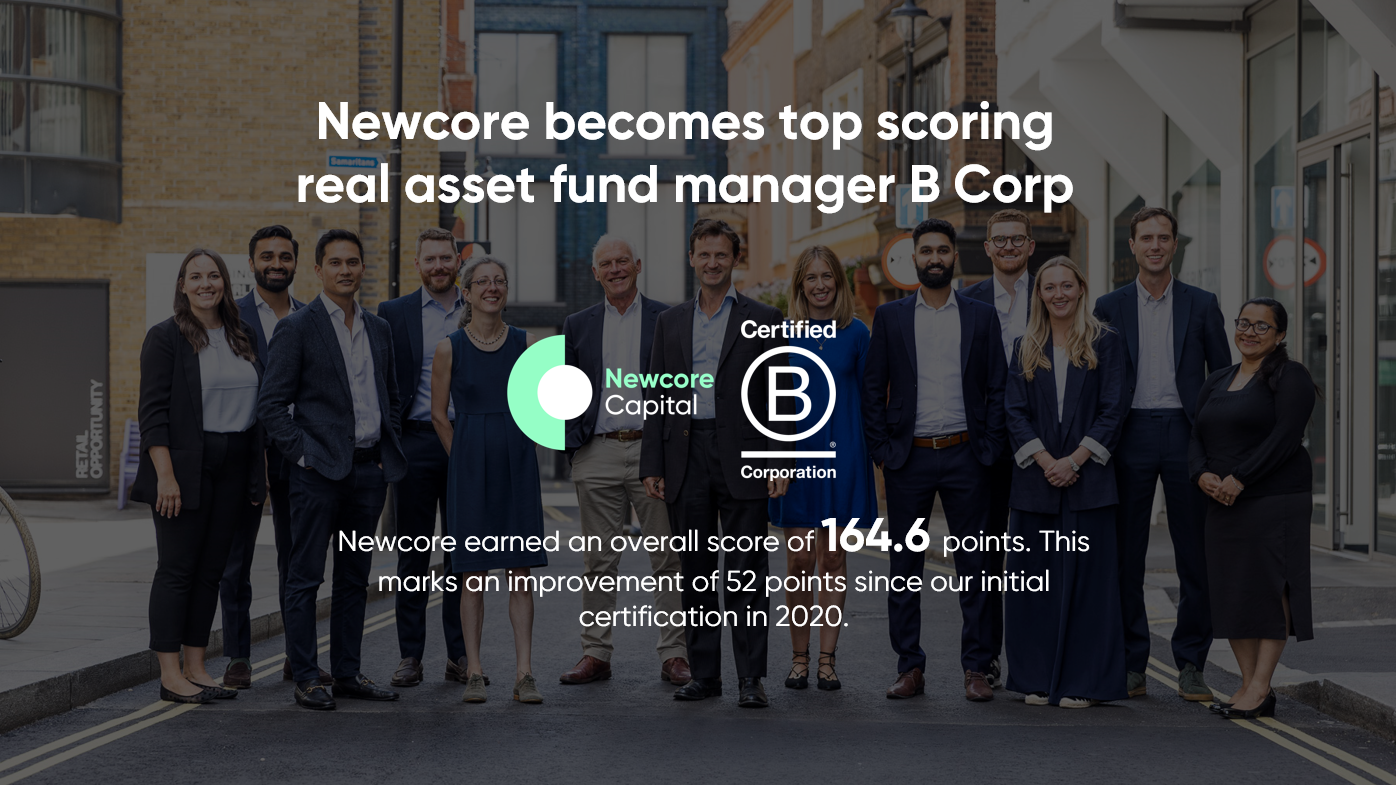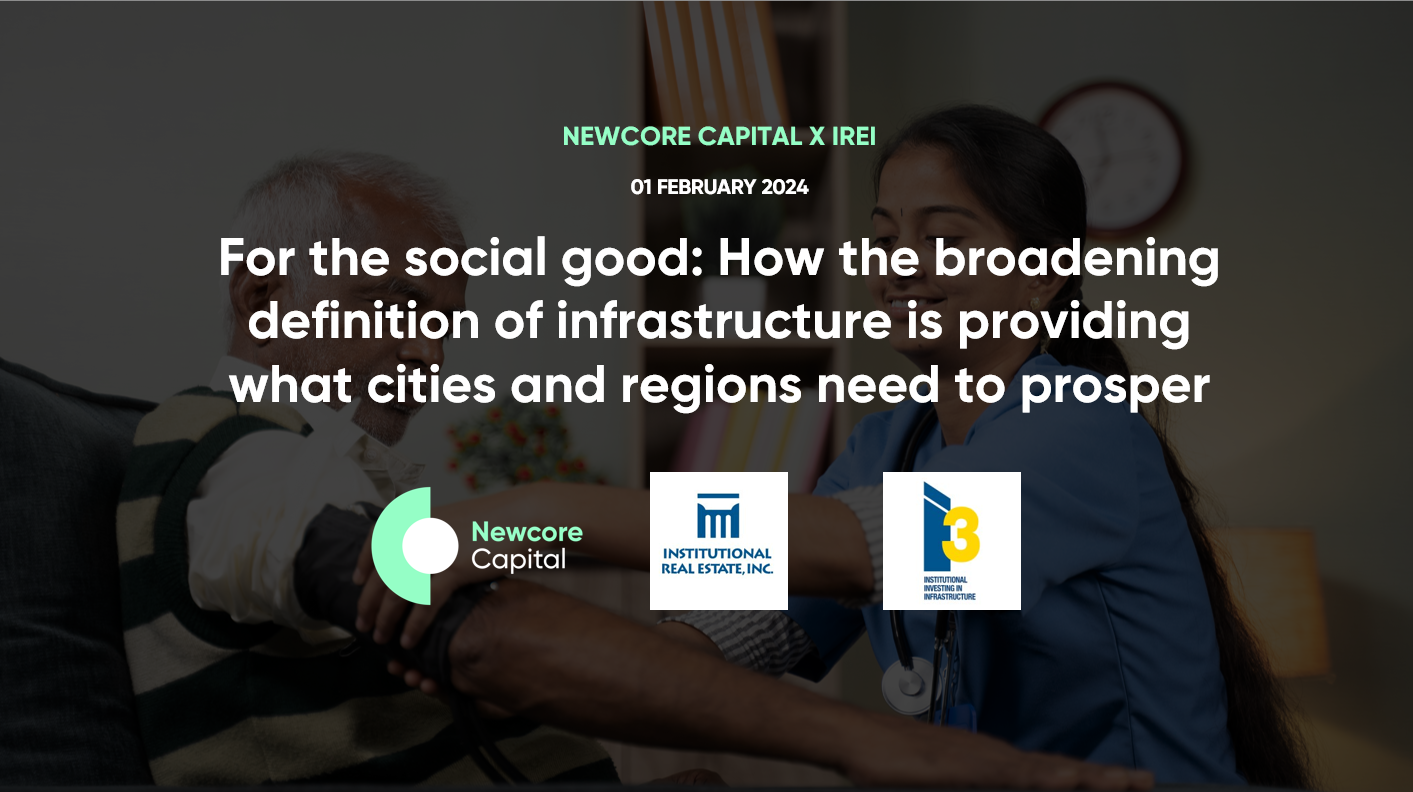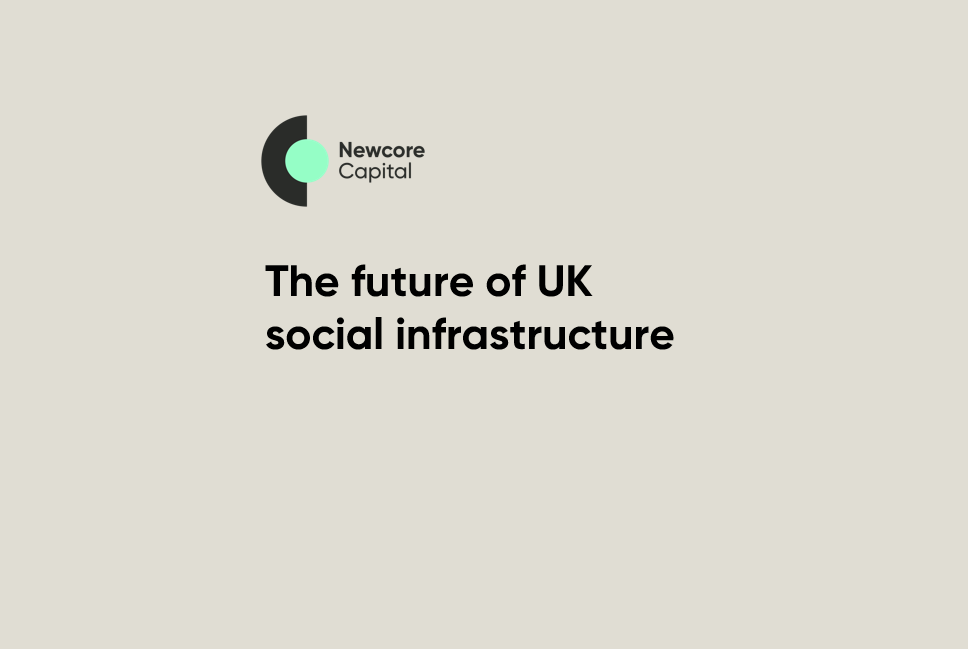Thank you to Infrastructure Investor for publishing Hugo’s piece on private equity infrastructure and the need for a different approach to managing core assets in the sector.
Stewardship of functional assets core to the UK’s social and economic infrastructure needs to be low-levered, lower paid (no carried interest to managers for core risk: we’ll leave it to Ludovic Phalippou to work out the amounts earned on this example in the past) and run for the long term, with clearly accepted principles of capital expenditure from operating cashflow (or within the context of that low leverage).
Read the full article below.
If there is one key lesson to take away from the Thames Water debacle, it is that private equity managers focused on real assets and infrastructure, and the investors who back them, will need a three-dimensional understanding of sustainability – social, environmental, of course but crucially, financial – to navigate the coming cycle.
Given we are in the business of managing other people’s money, this may seem blindingly obvious, but quantitative easing and ultra-low interest rates warped industry perception of risk. From 2010 to 2022, there was easy, short-term money to be made by fund managers using low-priced credit to lever businesses, infrastructure and real estate. This was true right up until the LDI-driven interest rate shock of September 2022, which coincided with the first proposed quantitative tightening and a bond market nervous about geopolitical affairs.
If you bought into, then sold your assets before Q4 2022 (and didn’t reinvest), you were in the money. Most haven’t. If you reinvested pre-2022 into assets stapled to those high levels of leverage – retained now post-2022 – I would politely suggest that your original equity investment is now significantly impaired in almost all cases.
Directors’ valuations of private, illiquid portfolios might slow the coming car crash, but the liquidity crunch in the private equity markets is a clear signpost it has already happened. Many managers are now hoping for a return to a low interest rate environment. However, the chances of interest rates falling to levels where another asset boom occurs are minimal, given there is significant quantitative tightening (the reversing of QE) to come and inflationary drivers cannot be controlled within domestic borders anymore. Looking over the long term, interest rates at around the 5 percent mark are within normal levels.
The pricing of government bonds is central to this story, as gilts provide the starting reference rate for UK risk assets. This meant that, when gilt rates were artificially suppressed by the Bank of England, managers and investors were happy to accept much lower returns for risk assets, ignoring the temporary (and unsustainable) nature of that reference pricing rate. This was exacerbated at an equity level by high leverage.
Large-scale capital allocations in the past decade kept flowing to managers promising 2-3x returns on equity because they were using 60 percent to 80 percent LTV – or in private equity/equity infrastructure terms, 6-8x EBITDA debt multiples to increase unlevered returns.
The high debt load though, given amortisation and interest payments, did not just increase the volatility of the investment. It also essentially stripped UK Assetco during this time of the cash required for capital expenditure needed to improve assets and businesses, particularly from an environmental standpoint. If capital expenditure was made, this generally came from increasing borrowings.
Government did not regulate private equity markets in the last cycle in relation to risk. Regulators linked to water and other infrastructure sectors struggled to control the behaviour of private equity-led consortia running infrastructure, for example, our water industry, most particularly failing to enshrine sensible levels of debt (perhaps 30 percent not 80 percent of regulated assets) stressed for high interest rates (eg, 10 percent) and compulsory capital expenditure.
Thames Water, for example, a business that was generating perhaps £1 billion ($1.26 billion; €1.18 billion) per annum of cash during this time, should be a sound long-term asset in private hands – if, say, one-third of the cashflow was used for capital expenditure, a third for distributions and the rest retained for working capital purposes and future proofing environmentally. If this was bound legally and, therefore, enforceable, the operational business might then have a value of £6 billion to £7 billion – 20x distributable cashflow, say – and act as a lower risk equity infrastructure asset looking after all its stakeholders.
In summary, asset stewardship of assets core to the UK’s social and economic infrastructure needs to be low-levered, lower paid (no carried interest to managers for core risk) and run for the long term, with clearly accepted principles of capital expenditure from operating cashflow (or within the context of that low leverage). More and more institutional investors are waking up to this reality and to what defines a truly sustainable fund management service. This will hopefully dictate where capital will flow for the next decade.
Hugo Llewelyn is the founder and chief executive of Newcore Capital, a UK specialist investor in social infrastructure real estate.





